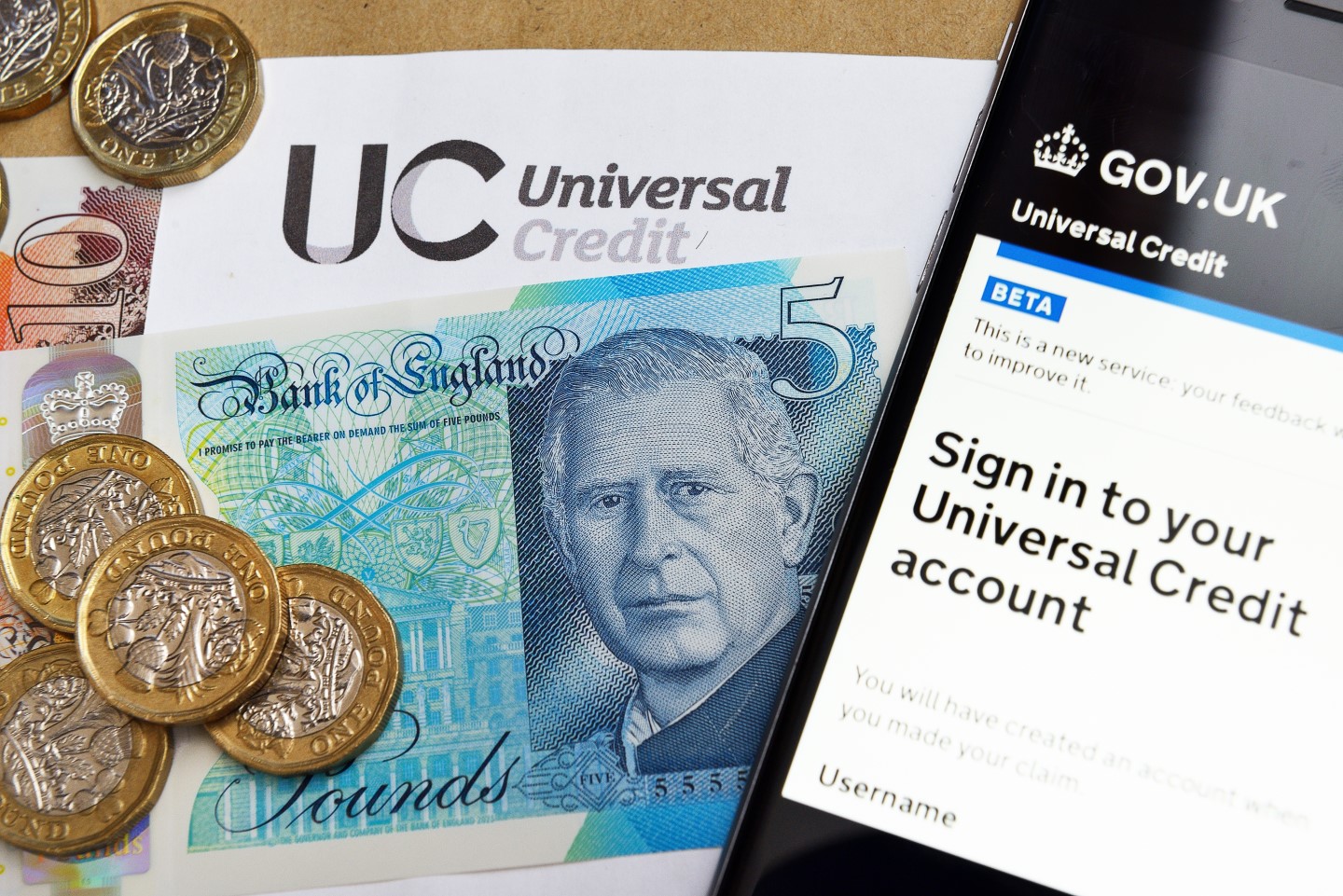
Proposed changes to Universal Credit and PIP: what you need to know
Proposed cuts to Universal Credit and the Personal Independence Payment will not help disabled people return to work – in fact it will make their lives more difficult.
The Government plans to make it harder to qualify for UC and PIP, in a bid to save £5 billion, saying the current welfare system is “holding our country back”.
At Bolt Burdon Kemp, a big part of our work supporting clients with life-changing injuries is ensuring they have access to financial support while their legal claims are ongoing.
Whenever possible, we seek interim payments – early access to a portion of their compensation – to help cover essential costs like therapy, mobility aids, care, support, and daily living expenses.
However, when liability is disputed, we can’t secure these payments, meaning many of our clients rely on benefits like Universal Credit (UC) and Personal Independence Payment (PIP).
The Government’s proposed changes to both UC and PIP will significantly impact disabled people. Many of our clients – who already face both physical and mental challenges – are understandably worried about what this means for their financial security.
What is Universal Credit?
Universal Credit is a Government benefit designed to help people with living costs if they’re on a low income, unemployed, or unable to work due to disability or illness.
Currently, a single person over 25 receives a basic rate of £393.45 per month. If they have limited capability for work they can receive an additional £416.19 per month.
What are the proposed changes to Universal Credit?
The Government plans to:
- Raise the age at which claimants can receive the additional support payment from 18 to 22;
- Reduce the top-up from £97 per week to £50 per week;
These changes will leave many disabled claimants worse off in the short term.
What is Personal Independence Payment (PIP)?
PIP is a non-means-tested benefit to help people with extra costs related to a long-term physical or mental health condition or disability which make it difficult to do certain tasks or get around. This means people can still claim it even if they’re working, have savings, or receive other benefits.
How does PIP work?
PIP has two components:
- Daily living component – for people who need help with everyday tasks like cooking, dressing or managing medications.
- Mobility component – for those who struggle to move around, travel, or leave their home independently.
The Department for Work and Pensions (DWP) assesses claimants based on whether they can perform these tasks safely, reliably, and repeatedly and whether they need special equipment.
However, PIP assessments have been widely criticised. Research by Disability Rights UK found seven out of 10 appeals are successful, often on evidence the DWP already had from the original application.
How much is PIP?
The payments for the daily living component are:
- A standard rate of £72.65 per week
- An enhanced rate of £108.55 per week
Payments for the mobility component are:
- A standard rate of £28.70 per week
- An enhanced rate of £75.75 per week
What are the proposed changes to PIP?
The Government wants to tighten eligibility criteria, so only those who score at least four points by needing assistance and/or supervision in at least one of the daily living activities will qualify.
These changes will affect both new and existing claims when they come up for review.
Why we’re concerned about these reforms
Liz Kendall, the Secretary of State for Work and Pensions said these reforms are about “unleashing the talents of the British people”. At Bolt Burdon Kemp, we completely agree the UK should support people to reach their full potential, as our Manifesto for Injured People makes clear. However, cutting essential benefits does the exact opposite.
Research by the charity Scope shows disabled households need £1,010 more per month to maintain the same standard of living as non-disabled households. These proposed changes won’t help disabled people return to work – they’ll simply make life harder by reducing access to essential therapies, assistive technology and mobility aids.
How we help our clients
We know the benefits system is complex, especially for those applying for the first time, and these proposed changes are worrying. Our team is here to guide our clients through the process and these changes, ensuring they receive the support they’re entitled to, while we work to secure interim payments of compensation.
This is all part of our early support services to provide our clients with practical help and support right from the outset, reducing stress and ensuring a smoother journey towards compensation.
For more information, feel free to contact us. We are committed to making a positive impact in your life during tough times.










